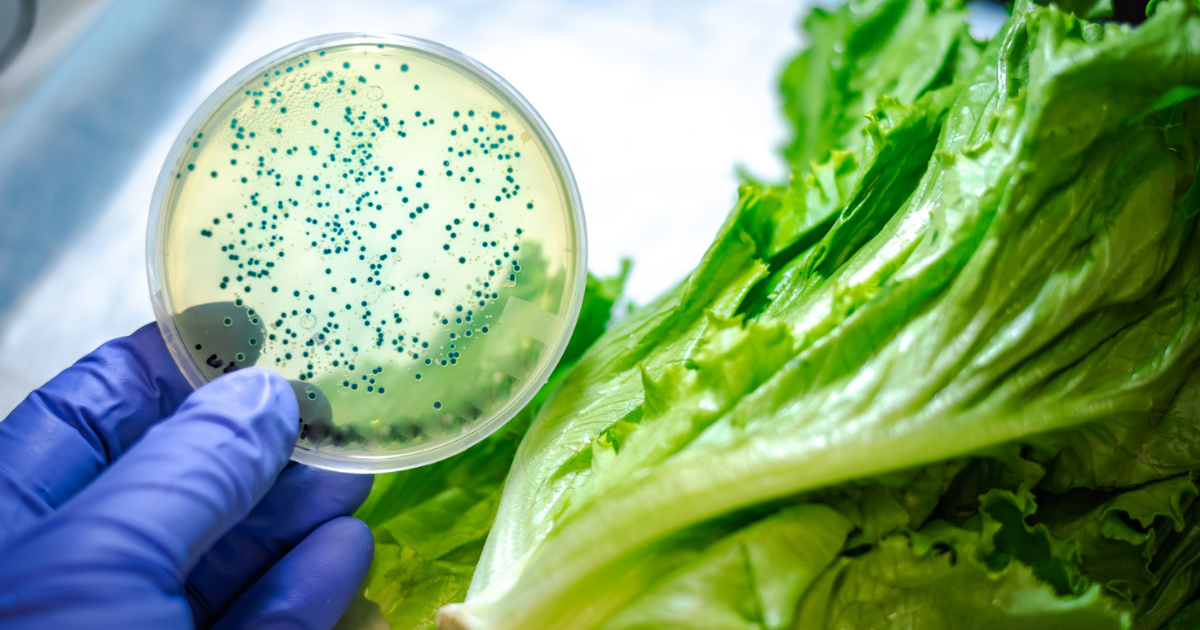What is listeria, and why is it dangerous?

Foodborne illnesses can often go unnoticed until it’s too late. One of the most concerning is listeria, a bacterium that can lead to severe health complications.
Listeria monocytogenes is a major cause of foodborne illness, especially among vulnerable populations. Read on to learn about common symptoms, how listeria spreads and practical tips to keep your loved ones safe.
Listeria symptoms
Symptoms of listeriosis include:
- Fever
- Chills
- Muscle aches
- Diarrhea or upset stomach
- Stiff neck
- Headache
- Confusion
- Loss of balance
“Listeria can cause significant illness in healthy people, manifesting with symptoms like fever, muscle aches, nausea and diarrhea,” says Clarkson Family Medicine resident physician Eva Khondaker, MD. "However, in people at high risk, the infection can be particularly severe and even fatal.”
This includes pregnant women, where listeria can cause mild flu-like symptoms in the mother but may lead to miscarriage, stillbirth, premature birth or serious illness in the baby. For adults over 65 and those with weakened immune systems, such as people undergoing chemotherapy or living with HIV/AIDS, listeria can spread to the nervous system, causing headaches, stiff neck, confusion, loss of balance and seizures.
“These groups are at a higher risk of developing serious conditions like meningitis or sepsis,” says Dr. Khondaker. “Early recognition of symptoms and prompt treatment with antibiotics are essential to prevent severe outcomes.”
How listeria spreads
Listeria can be found in various foods, including:
- Hot dogs and deli meat: These can become contaminated if not properly handled or cooked.
- Dairy products: Unpasteurized milk or raw dairy products can contain listeria.
- Fruits and vegetables: Contaminated produce can also be a perfect environment for listeria.
“The bacteria responsible for causing listeria can survive in cold and freezing temperatures,” says Dr. Khondaker. “This resilience allows it to grow on foods stored in your fridge, making proper food handling critical.”
Cooking food properly, to an internal temperature of at least 165°F, or 74°C, can help kill listeria. However, the food can still become contaminated after cooking, such as during handling or preparation.
How to prevent listeria
The following food safety measures can help lower the risk of listeria:
- Wash hands, utensils and surfaces after touching raw foods.
- Use separate cutting boards, keeping raw meat separate from other foods to avoid cross-contamination.
- Reheat deli meat, hot dogs and leftovers until they’re steaming hot.
- Avoid unpasteurized dairy products.
- Keep your refrigerator at or below 40°F, or 4°C, and use leftovers within a few days.
When to see a doctor
Unlike other forms of food poisoning, listeria can remain in the body longer, potentially leading to serious health issues. If you suspect you’ve been exposed to listeria, it’s crucial to seek medical care immediately.







